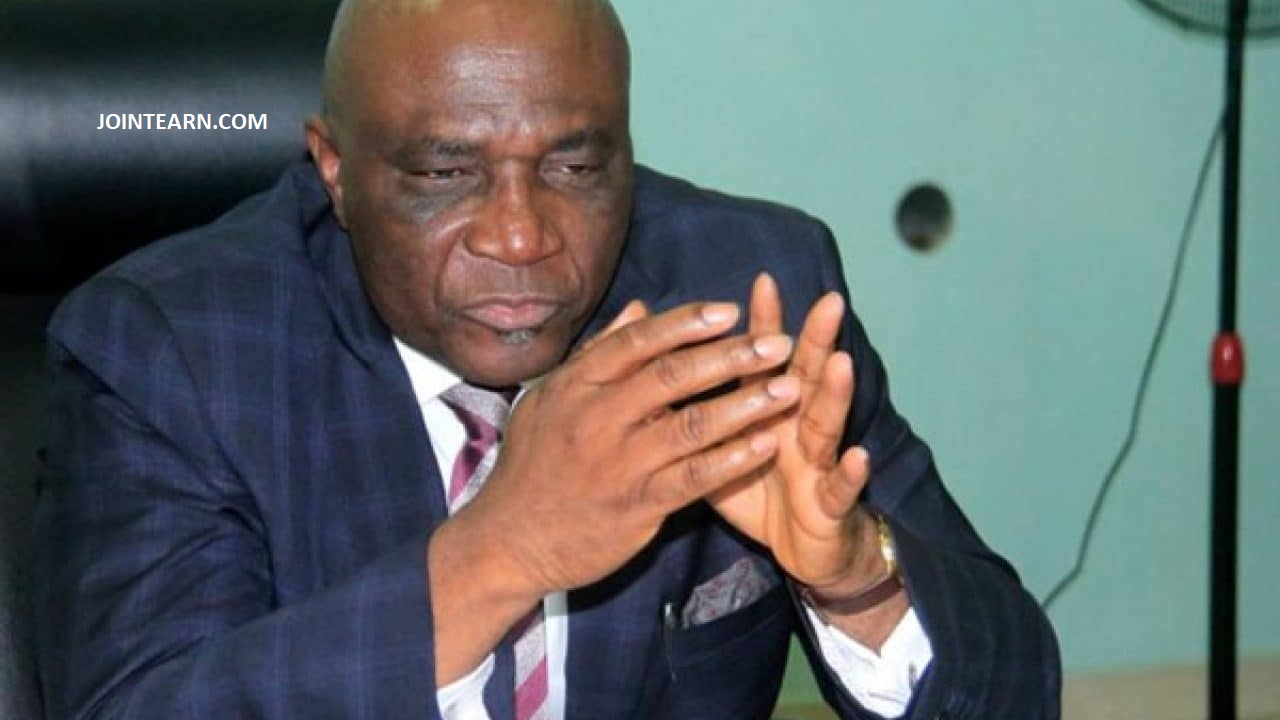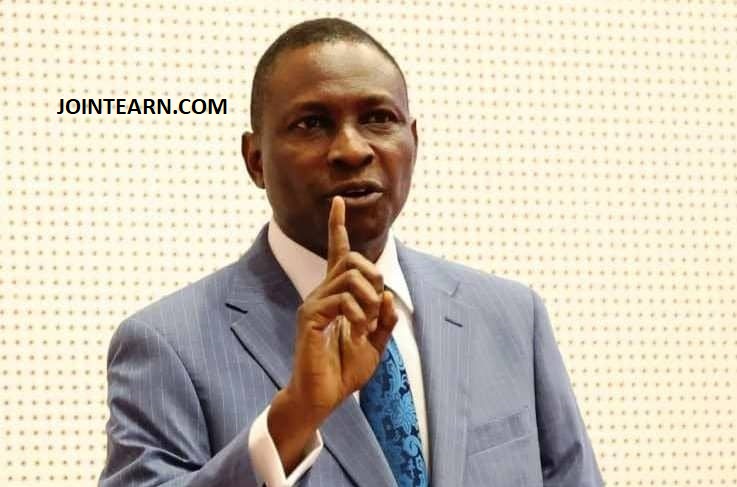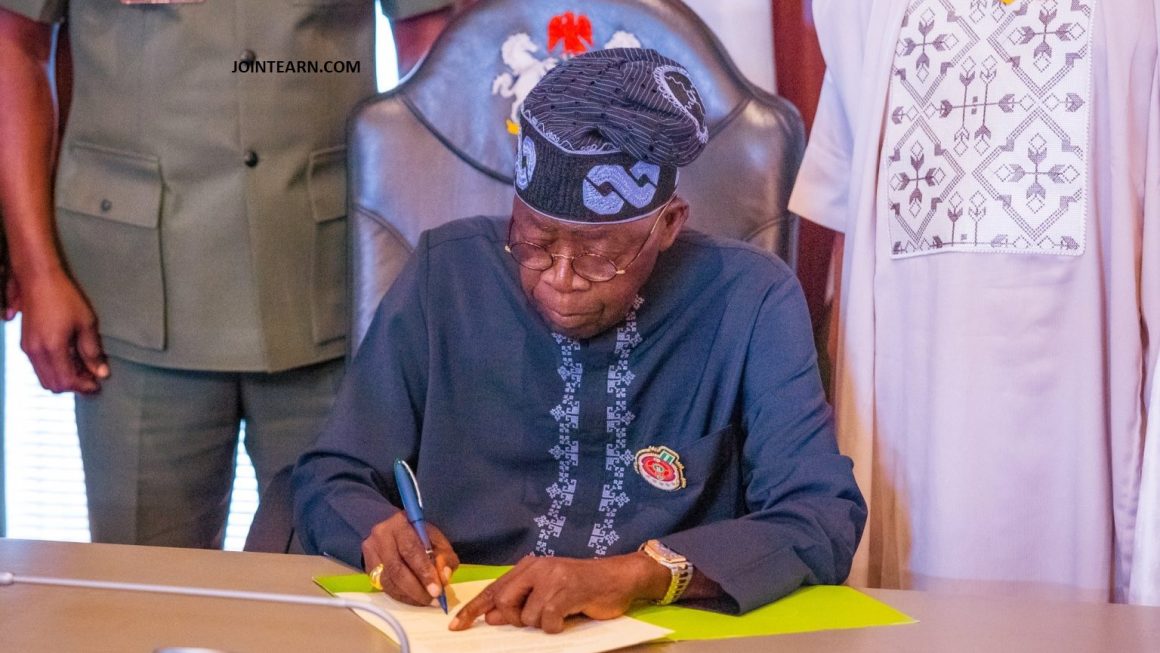In a recent statement, the Nigerian Presidency has called on the nation’s security agencies to take swift and decisive action following the abrupt sacking of several ministers by President Bola Ahmed Tinubu. The dismissal of the ministers, which caught both political and public observers by surprise, has sparked intense discussions about its implications for governance, national security, and the future direction of the administration.
The Context Behind the Firings
On Monday, President Tinubu announced the removal of multiple ministers, citing performance issues, failure to meet expectations, and a need for fresh perspectives in key government ministries. While such reshuffles are common in any administration, the scale and timing of these firings raised eyebrows. Many of the sacked ministers were long-serving figures in the government and had significant support among certain political factions. Their dismissal is seen by some as a move to consolidate power within the presidency, while others argue that it was a necessary step to ensure the government’s effectiveness and accountability.
The President’s decision to act swiftly has been met with mixed reactions. Some analysts argue that the shake-up is a sign of leadership strength, while others express concern about potential instability and the impact on the ongoing national security challenges.
Security Concerns and the Role of the Agencies
Following the dismissals, the Nigerian Presidency specifically called on the nation’s security agencies—such as the Nigerian Police, the Department of State Services (DSS), and the National Intelligence Agency (NIA)—to be proactive in addressing potential threats that may arise as a result of the political upheaval. In its statement, the presidency emphasized that the actions taken were meant to ensure the continued stability of the government and the nation as a whole.
“The Presidency is fully aware of the security implications of such significant political developments,” the statement read. “It is therefore imperative that the relevant security agencies monitor and mitigate any threats to national security that could arise as a consequence of these actions.”
This call to action comes at a time when Nigeria is grappling with various security challenges, including insurgency in the northeast, armed banditry in the northwest, and escalating communal conflicts in several regions of the country. The Presidency’s emphasis on security underscores the administration’s recognition of the fragile security situation and the need to ensure that political changes do not exacerbate existing tensions.
Political Reactions and Allegations of Manipulation
The sacking of the ministers has inevitably led to political fallout, with various factions within the ruling All Progressives Congress (APC) and opposition groups accusing each other of exploiting the situation for political gain. Some opposition leaders have claimed that the dismissals were politically motivated and could be a way for President Tinubu to eliminate potential rivals within his own party.
In response to these claims, the presidency has defended the actions as necessary for the sake of good governance and the nation’s long-term development. It has argued that President Tinubu is committed to implementing reforms and revitalizing key sectors of the government, and that the reshuffling is part of his broader strategy to strengthen the country’s leadership.
Several former ministers who were removed have since expressed their dissatisfaction with the decision. One former minister, speaking on the condition of anonymity, accused the presidency of undermining the democratic process and acting in a manner that lacked transparency. However, others have acknowledged the need for accountability and reform in government operations, conceding that the firings may ultimately benefit the country.
A Strategic Shift in Governance
President Tinubu’s move to remove key ministers is not the first time in recent months that the Nigerian government has undergone significant changes. The administration has already made several policy shifts aimed at tackling economic instability and improving governance structures. These include new economic measures to address the country’s inflation crisis, as well as efforts to increase transparency within government operations.
Political observers have noted that the President’s approach is focused on creating a more efficient and streamlined government. By removing ministers deemed ineffective or corrupt, Tinubu appears to be sending a strong message that there will be no tolerance for underperformance in his administration. This is seen as an effort to reassure both domestic and international stakeholders that his government is committed to transparency and progress.
Looking Ahead: National Unity and Reconciliation
As President Tinubu’s administration navigates the aftermath of the ministerial shake-up, the focus will likely shift to national unity and reconciliation. While the immediate fallout may be centered on security and political maneuvering, the long-term challenge for the president will be to maintain cohesion within his party and ensure that the country moves forward in a unified direction.
Many believe that the president’s ability to manage the various factions within the APC will be key to his success in the coming months. By appointing new ministers who are seen as capable and dedicated to national progress, Tinubu may be able to mend political divisions and foster a more collaborative environment in government.
In conclusion, while the sacking of several ministers by President Tinubu has created a stir in Nigerian politics, it is clear that the Presidency is focused on maintaining stability and addressing security concerns. The call for security agencies to be vigilant reflects the administration’s awareness of the delicate political and security landscape in which it operates. As the nation moves forward, the next steps taken by the government will be critical in shaping Nigeria’s future trajectory. The coming weeks and months will be crucial in determining whether this reshuffle will result in a more efficient government or lead to further political unrest.












